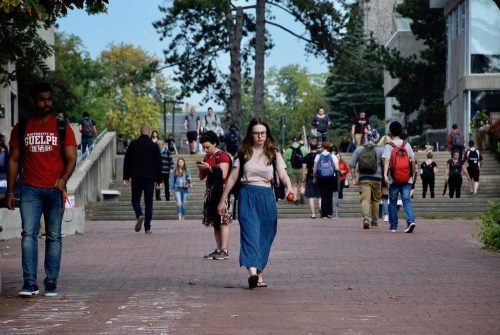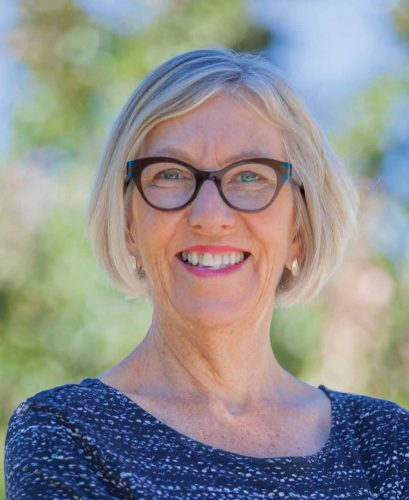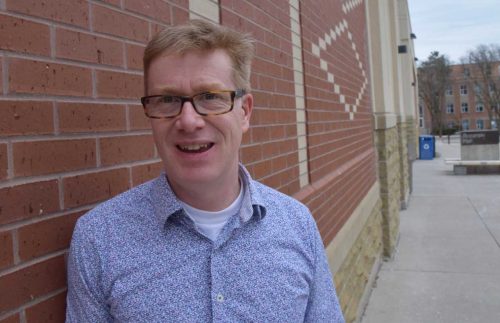 Come the fall 2018 semester, University of Guelph first-year students will have a chance to study why people believe the weirdest things, explore the influence colonialism in Canada has on today’s Indigenous youth or engage with the natural world in an outdoor classroom.
Come the fall 2018 semester, University of Guelph first-year students will have a chance to study why people believe the weirdest things, explore the influence colonialism in Canada has on today’s Indigenous youth or engage with the natural world in an outdoor classroom.
These topics are among 22 seminars planned for the fall in U of G’s popular first-year seminar program.
Limited to 18 students, each seminar is an immersion into unique learning experiences in a variety of intriguing subjects, says Ian Newby-Clark, a professor in the Department of Psychology and director of the program.
The program enlists University faculty members as well as experts in the community as instructors, including Robert Hanner, a leader in DNA barcoding technology, global humanitarian expert Amanda Rotella, contemporary dance practitioner Georgia Simms and Sean Lyons, a specialist in intergenerational differences.
“I like seeing faculty and students alike so excited about teaching and learning,” Newby-Clark says.
Unlike other first-year courses, these elective credit courses are kept small, and stress problem-based learning rather than knowledge testing, he says. There are no final exams. Courses in the program, which began in 2003, tend to fill up quickly.
“Our seminar courses are much more about problem-based inquiry, collaboration, writing, research and oral presentation

skills,” he says. “These are all foundational skills that the students will need later on in their studies and throughout their lives.”
The seminars provide first-year students with an exceptional introduction to post-secondary education, says Charlotte Yates, provost and vice-president (academic).
“These first-year seminars give students a chance to get to know their professors, as well as fellow students from across the campus,” Yates says. “And they have terrific academic value. Small seminars based on problem-based learning lead to greater student success in subsequent courses.”
Newby-Clark teaches the seminar “Why Do People Believe Weird Things?” about the psychology behind strange beliefs. Why do some people believe they’ve been abducted by aliens, or that tragic events like school shootings are staged? Common errors in thought and memory can lead to beliefs in the improbable and impossible, he says.
He says the University of Guelph program offers varied topics driven by the passions of their instructors.

Diane Borsato, a professor in the School of Fine Art and Music and an expert in social and experiential modes of learning, will move her “Outdoor School” classroom outdoors in the fall. She will offer hands-on workshops in flora, fauna, geology and weather.
College of Arts adjunct professor Susan Armstrong-Reid will lead “The Lost Tribe: Giving Voice to Canadian Indigenous Children and Youth.” The seminar will look at how the legacy of colonialism continues to shape the lives of today’s Indigenous Canadian youth.
Other courses will get inside the issue of “fake news,” take a critical perspective on happiness and what contributes to it ,and examine approaches to building a career in the 21st century. Students can take seminars on playing the ukulele, on the world of bees and on feeding a world with nine billion inhabitants.
The courses are always popular, Newby-Clark says. “We fill them extremely quickly. We strategically open up spaces so that everyone gets a fair shot at getting in.”
Explore the first-year seminars program at https://www.uoguelph.ca/vpacademic/fys/.